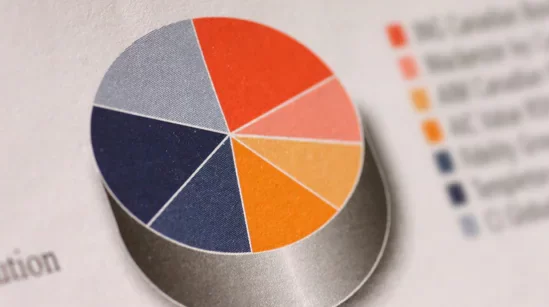We all know the concept and logic of systematic investment plans (SIPs), which is to average out the cost of your investments through disciplined purchases, particularly when the market is down. Whenever we think of SIPs, consciously or unconsciously, we think of equity investments, not debt. There is a reason for this: the equity market is relatively more volatile and the significance of buying at dips is that much stronger. However, there is merit in having an SIP in your debt fund allocation as well. Let’s see why.
The phase of life in which you are earning, saving and building up your kitty for retirement and other life goals, you are doing it crumb by crumb, every month. You may have a lump sum for investment once in a while, but not every month. When you are doing an SIP in equity funds, let’s say monthly, you are not only averaging out (also known as rupee-cost averaging), but also putting your available resources to gainful use as it will earn over a long period of time. Hence, there are two aspects to it: availability of investible funds with you and the benefits of disciplined investments. Wherever you are allocating your resources, be it equity funds or debt funds or real estate (i.e. EMI on your home loan) or alternate investments (for example, gold, commodities etc.), the aspect of time-bound availability of money, as and when you earn, remains the same across.
Time-bound availability of funds being a common factor across your investments, it comes down to the efficacy of the investment and the importance of allocation. The importance of allocation to various investment avenues as per your risk-return profile and horizon has been discussed multiple times earlier. In that allocation, there will be some space for fixed income funds. This makes a case for time-bound allocation to debt funds, which in other words is SIP. The significance of investing in equity at various price points being more pronounced, we are more familiar with it. To think of it, in a way, home loan EMI is akin to an SIP, in the sense that you are investing every month in your real estate. That is, we use the method of systematic investments in other avenues as well, but maybe we are not conscious of it.
The advantage of cost averaging will be there in debt funds as well, maybe to a lesser extent than in equities. Mutual funds are investments in the market, which by definition are subject to fluctuations every day. If you follow the discipline of SIP for a long period of time, you will be buying at dips as well and thereby averaging out your costs. There is no point in timing the market, at least in the short run. As an illustration, for most part of calendar year 2018, yield levels on bonds were rising i.e. prices were coming down. Net asset values or NAVs of long-portfolio-duration debt funds were moving up, but at a slower pace than liquid funds, in 2018. If you were considering a lump sum investment in non-liquid debt funds, you would have balked after seeing the performance of the funds in the recent past. If you were committed to a long-tenure SIP, you would have continued your purchases through the year and averaged your cost on the lower side.
Conservative investors, who do not usually venture beyond bank term deposits or other contractual-return investments, can try out investment in short-portfolio-maturity debt funds. The SIP instalment may be looked upon as a recurring deposit, where the instalment is paid every month or some other frequency. Debt mutual funds are market-related investments, but an SIP over a long horizon in a money market /short-maturity debt fund will see through market cycles. Returns over an adequate SIP execution period/subsequent holding period will give decent returns, and over three years, will give tax efficiency as well. For investments done through SIP, tax computation is done on first-in-first-out i.e. FIFO basis; each instalment of investment should complete three years of holding. As long as you are satisfying this condition, with the benefit of indexation for computation of long-term capital gains tax, your net of tax returns will be palpably higher than a bank term or recurring deposit.
Your allocation to various categories like equity, debt and other avenues is dovetailed into your financial plan. You may have initiated your portfolio through lump sum investments, but as and when you get more investible funds, you add on to it. You would already have the discipline of SIP investments in equity. Without disturbing your decided allocation to fixed income, you may add an SIP to debt funds to reap the benefits of disciplined savings and cost averaging over a long period of time.


